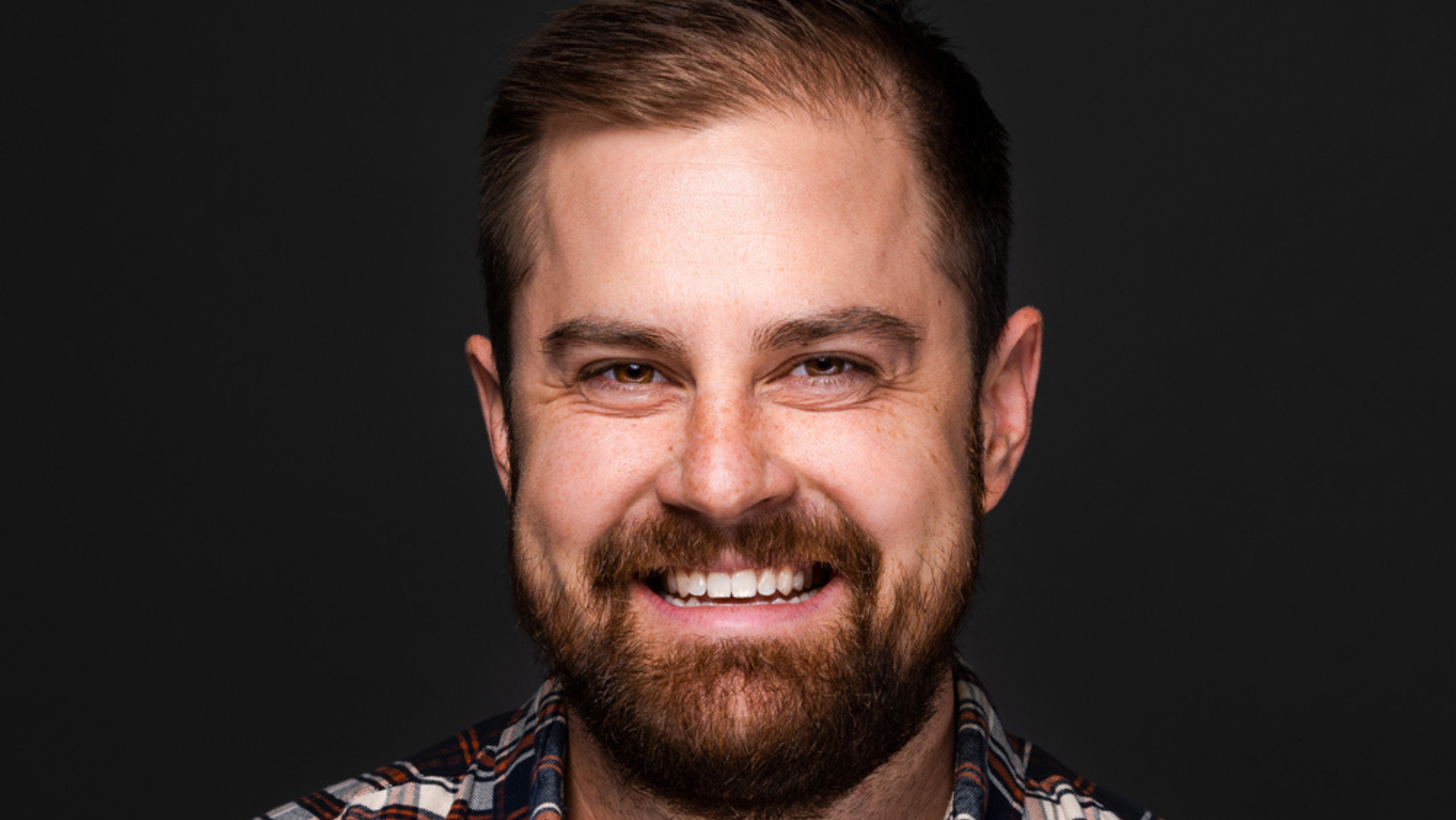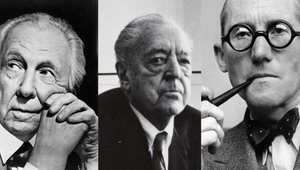
Bossing It: Learning from Leaders in Life with Mitch Kuhn

Mitch is a thoughtful creative with 15 years under his belt in marketing and brand development. He specialises in user experience and interface design, leading our largest and most complex digital projects. Mitch is also one of the more analytical creatives on our team, which comes in handy for improving agency processes and increasing efficiencies. He thrives in the space between research and creative. Mitch has experience across many industries, especially the non-glamorous ones like healthcare, education, transportation, and B2B. He has won multiple awards that only agencies care about. He’s a board member of the Boise Advertising Federation and design thinking coach. Mitch can solve a Rubik’s cube in under two minutes — faster than most adults — but slower than many 12-year-olds. He despises mint-scented dental products (but don’t worry, he still brushes his teeth.)
LBB> What was your first experience of leadership?
Mitch> I think my first formal leadership experience was as captain for sports teams. I was so proud to be voted or appointed into that role. I learned a ton about motivating people, and I lost so much sleep over how to deal with conflict within the team.
LBB> How did you figure out what kind of leader you wanted to be – or what kind of leader you didn’t want to be?
Mitch> I try to learn from leaders in my life who I respect and want to follow — especially coaches and bosses over the years. I learn who I don’t want to be from people in leadership positions whose style I don’t resonate with.
LBB> What experience or moment gave you your biggest lesson in leadership?
Mitch> I worked at an agency with a manager that challenged me. He gave me feedback that made me question what the hell I was doing. I didn’t like it, but I liked him. I knew he was honest with me, and when he said something was good, it really was. He bought me sandwiches when I worked late because I needed to go back to the drawing board. He told me when my work or my effort wasn’t good enough. Sometimes it took a few beers, but we got there. I could trust what he said. He believed in me enough to be honest, then get out of the way and let me prove myself. Then when we no longer worked together, he continued to support me as a human.
I took a few lessons from that. Be honest, even when it’s hard to hear… especially when it’s hard to hear. Believe in people and make sure they know you believe in them. Find good people and keep them close.
LBB> Did you know you always wanted to take on a leadership role? If so how did you work towards it and if not, when did you start realising that you had it in you?
Mitch> I’ve always gravitated toward leadership roles and felt comfortable there. I’ve always watched and learned from great leaders around me, though I’ve only recently started intentionally working on leadership as a skill and something to improve.
LBB> When it comes to 'leadership' as a skill, how much do you think is a natural part of personality, how much can be taught and learned?
Mitch> I think deep down you have to want it, and like the feeling of accomplishing something with a team. Beyond that, I think leadership can be learned.
I believe that people with more privilege — cisgender white men for example — tend to more ‘naturally’ fall into leadership positions because of the environment they grew up in. But I guarantee there are people with less privilege and strong innate leadership qualities who think they’re crummy leaders because they haven’t been nurtured. For those of us who fit within that, if we are driven to lead, I think we can learn — especially with the right mentor who understands where we’re coming from.
LBB> What are the aspects of leadership that you find most personally challenging? And how do you work through them?
Mitch> It’s challenging to motivate different personality types that are very different from my own. I try to approach with empathy and curiosity. While I hope I’m getting better, I imagine it will always be a challenge.
LBB> Have you ever felt like you've failed whilst in charge? How did you address the issue and what did you learn from it?
Mitch> For sure. I own up and apologise, then learn from it and move on.
Earlier this year I created a committee to help build a new website for a board I sit on. Recruitment went well, then the whole thing fizzled when my time ran thin. I didn’t do a good job understanding why each person was there and aligning their why with the goals of the committee. It was too reliant on me. I needed to set clear goals and expectations, then give the team the space and guidance to drive toward that.
LBB> In terms of leadership and openness, what’s your approach there? Do you think it’s important to be as transparent as possible in the service of being authentic? Or is there a value in being careful and considered?
Mitch> I don’t think they’re mutually exclusive. I think it’s important to be transparent and honest, while not freaking people out for no reason. When in doubt, I err on the side of sharing more because I would always rather know more. I can’t remember a time when I’ve shared something with positive intent and wished I hadn’t.
LBB> As you developed your leadership skills did you have a mentor, if so who were/are they and what have you learned? And on the flip side, do you mentor any aspiring leaders and how do you approach that relationship?
Mitch> Back to the example from the challenging manager that turned out to be exactly what I needed. That person has turned into a mentor, though we don’t use that word. In addition to the leadership lessons above, I’ve learned to find good people and keep them close. Even if I don’t see them often.
I take that into informally mentoring aspiring leaders as well. In addition to the folks within my company, I try to meet with junior folks outside the agency. Sometimes we hit it off and keep it going. My hope is to be someone that I would have liked to have a few years ago — to bounce ideas off and be a gut check outside of the people signing your check.
LBB> In continually changing market circumstances, how do you cope with the responsibility of leading a team through difficult waters?
Mitch> One step at a time with honesty, vulnerability, and trust. People aren’t stupid — they know when things are feeling weird. I try to maintain the stance that we’re all on the same team, we’re navigating the unknown together, and it will take all of us to do it.
LBB> As a leader, what are some of the ways in which you’ve prioritised diversity and inclusion within your workforce?
Mitch> As an organisation, we talk about DEI often, especially when it comes to hiring and ensuring we’re not just hiring people like us. We’re self critical and ask difficult questions of one another. We’re still not perfect, but I think we’re always getting better.
LBB> How important is your company culture to the success of your business? And how have you managed to keep it alive with increases in remote and hybrid working patterns?
Mitch> Culture is very important. Our team works hard for their clients, but more than anything they work hard for one another. To me, culture reflects how we care for and respect one another. You can care whether you’re in the same room or not — though I’ve noticed that most people have an easier time demonstrating care and respect in person.
LBB> What are the most useful resources you’ve found to help you along your leadership journey?
Mitch> Coaches and mentors have been the biggest help for me — people to workshop with and debrief fails and funkiness. Our management team has recently been working with a leadership coach and learning a lot through that. I also read Harvard Business Review’s Management Tip of the Day, which has some good day-to-day reminders.












